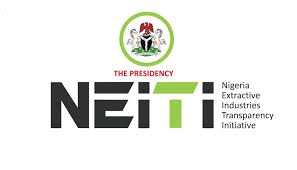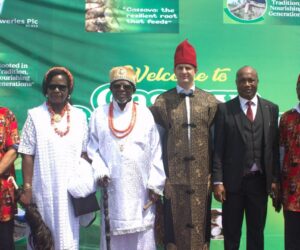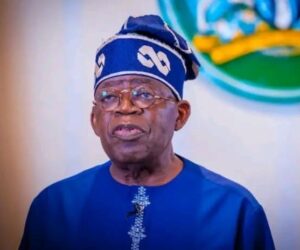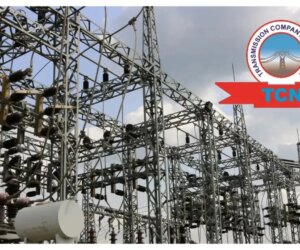1
LAGOS – The Nigerian Extractive Industries Transparency Initiative (NEITI) has called on civil societies to go beyond routine advocacy to evidence-driven, solution-oriented leadership.
Dr. Orji Ogbonnaya Orji, its Executive Secretary, made the statement at a Courtesy Call on the Executive Director of Civil Society Legislative Advocacy Center (CISLAC) in Abuja.
He said: “A New Agenda for Civil Society under EITI. While the roles of governments and extractive companies under the EITI are clear and well-defined, the role of civil society must now be elevated beyond routine advocacy.
“It is time to move from simply demanding accountability to providing knowledge-based, evidence-driven, and solution-oriented leadership that adds real value to governance.”
According to him, the new agenda calls for civil society to lead in energy transition accountability by developing scorecards that track government and company commitments, and by shaping community transition plans so that no one is left behind.
He added that it calls for CSOs to go beyond demanding contract and beneficial ownership disclosures, to analysing them, interpreting risks, and distilling lessons for policy and citizens.
Orji said it calls for more engagement on resource mobilisation and fiscal justice, providing alternative policy options on revenue, subsidy reforms, debt sustainability, and equitable development.
He further noted that it calls for vigilance in curbing illicit financial flows, building civic observatories, and collaborating with investigative journalists, financial intelligence units, and global watchdogs.
Orji, however, called on CISLAC to work closely with NEITI to lead the debate within the civil society constituency.
He said the time has come for CSOs to look inward and embrace this new agenda—an agenda that elevates their roles from monitoring NEITI to providing broader oversight of the extractive industries, from routine advocacy to knowledge leadership, from episodic interventions to structured impact.
Orji said civil society has been the backbone of Nigeria’s EITI journey but the future demands more.
He said the future demands that Civil Society Organisations evolve from watchdogs to solution-providers, from activists to knowledge leaders, from observers to reform architects.
He noted that CISLAC, with its history of policy influence and civic mobilisation, is well-positioned to champion this
At NEITI, according to him, the management has deliberately created institutional linkages to support civil society in this journey.
He also said NEITI has reinvigorated the Inter-Ministerial Task Team to follow up on audit recommendations and strengthened the Companies.
Comrade Awal Rafijiani, the CISLAC Executive Director, while speaking, said the country is currently navigating complex challenges such as declining oil revenues and the growing imperative of energy transition.








